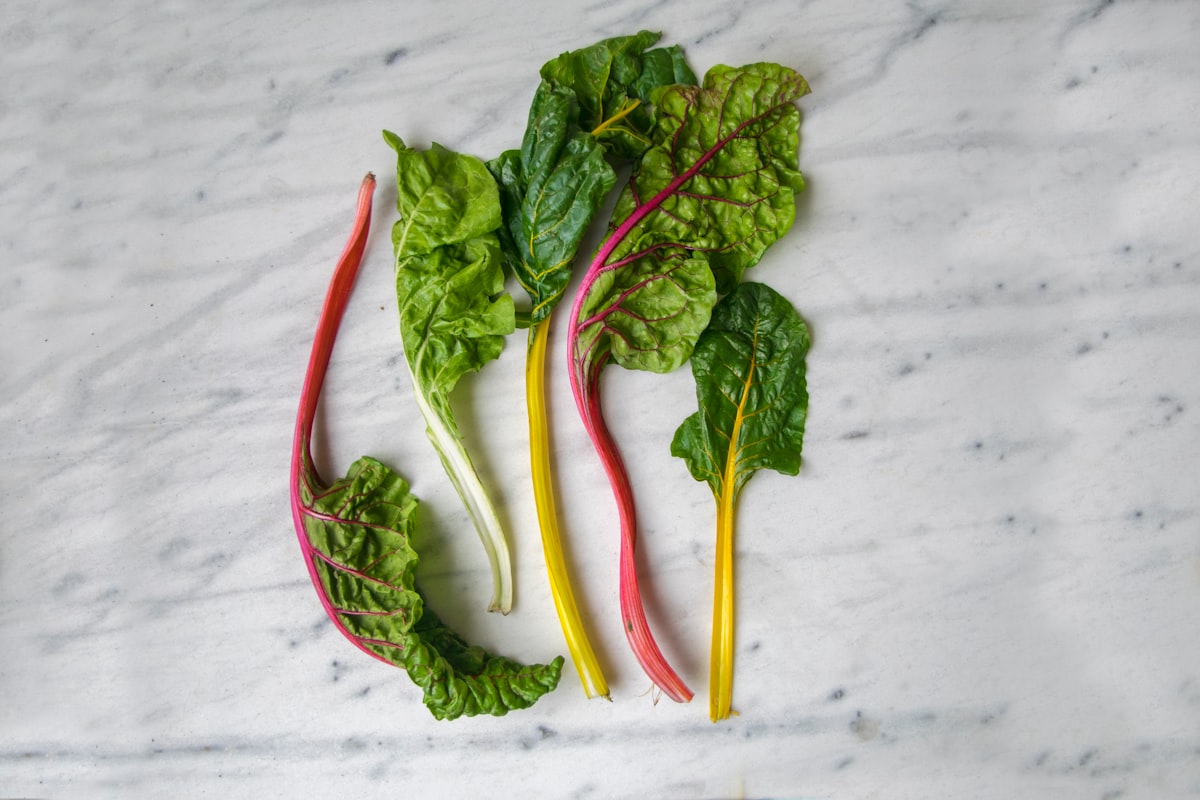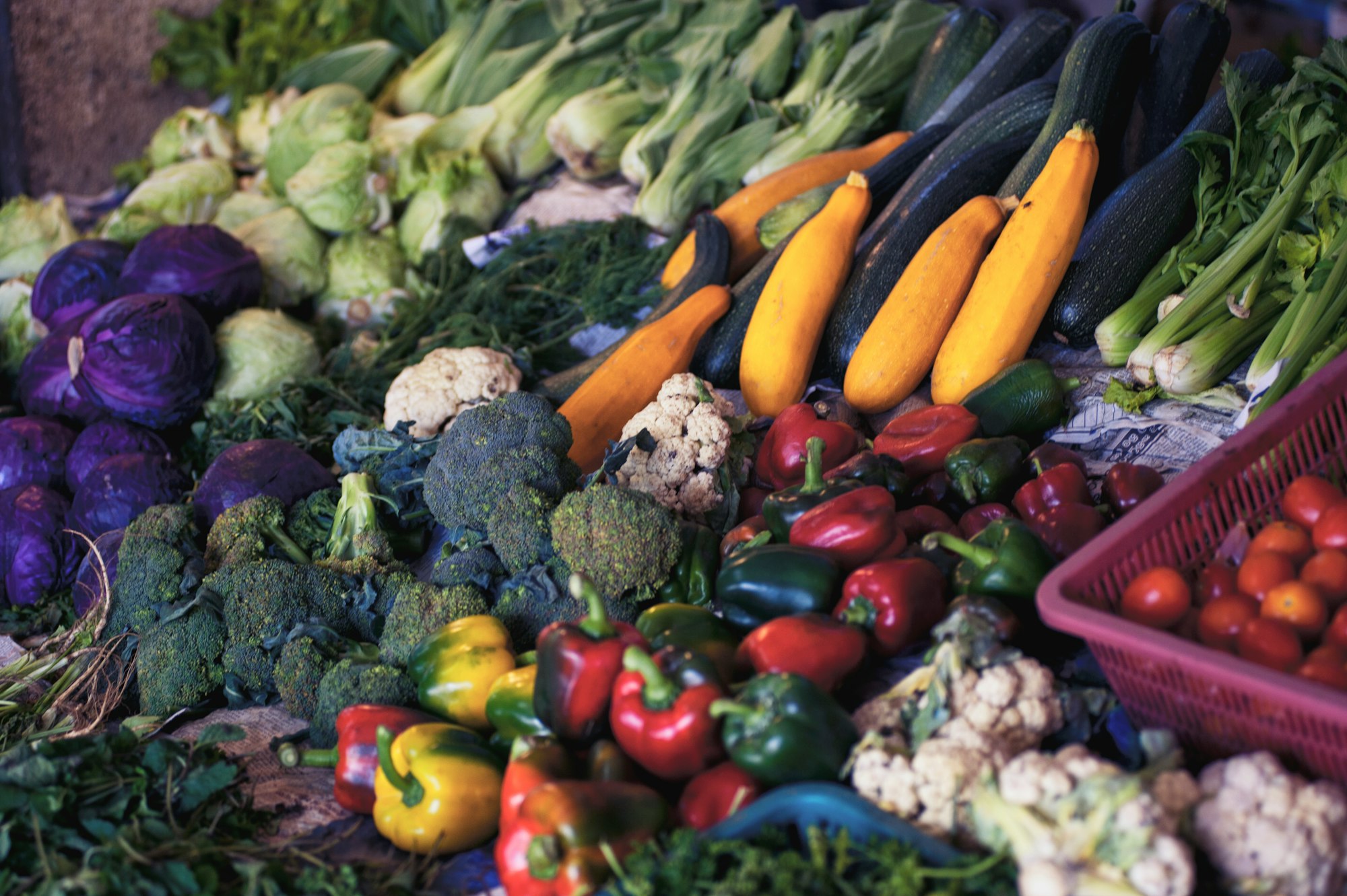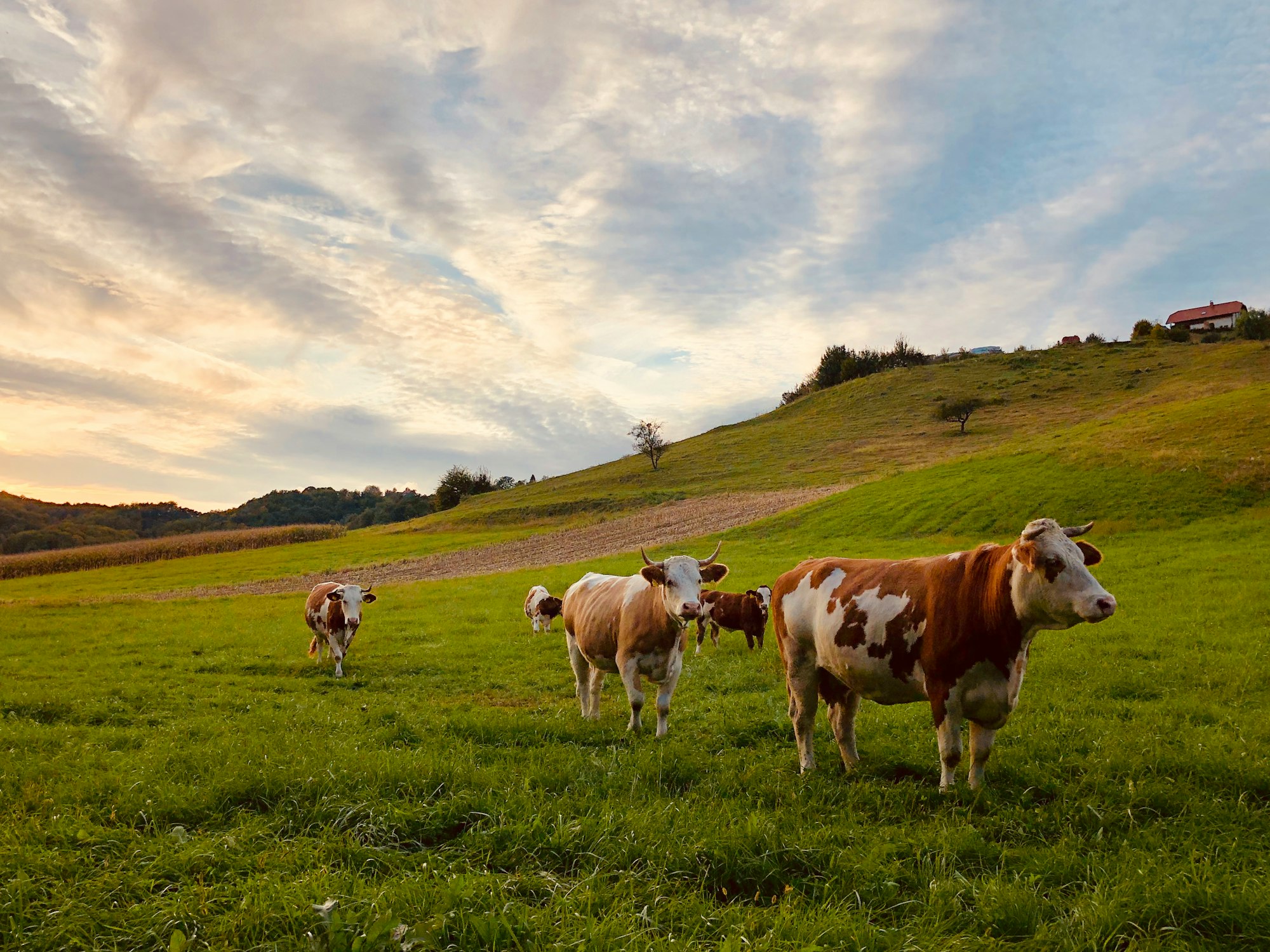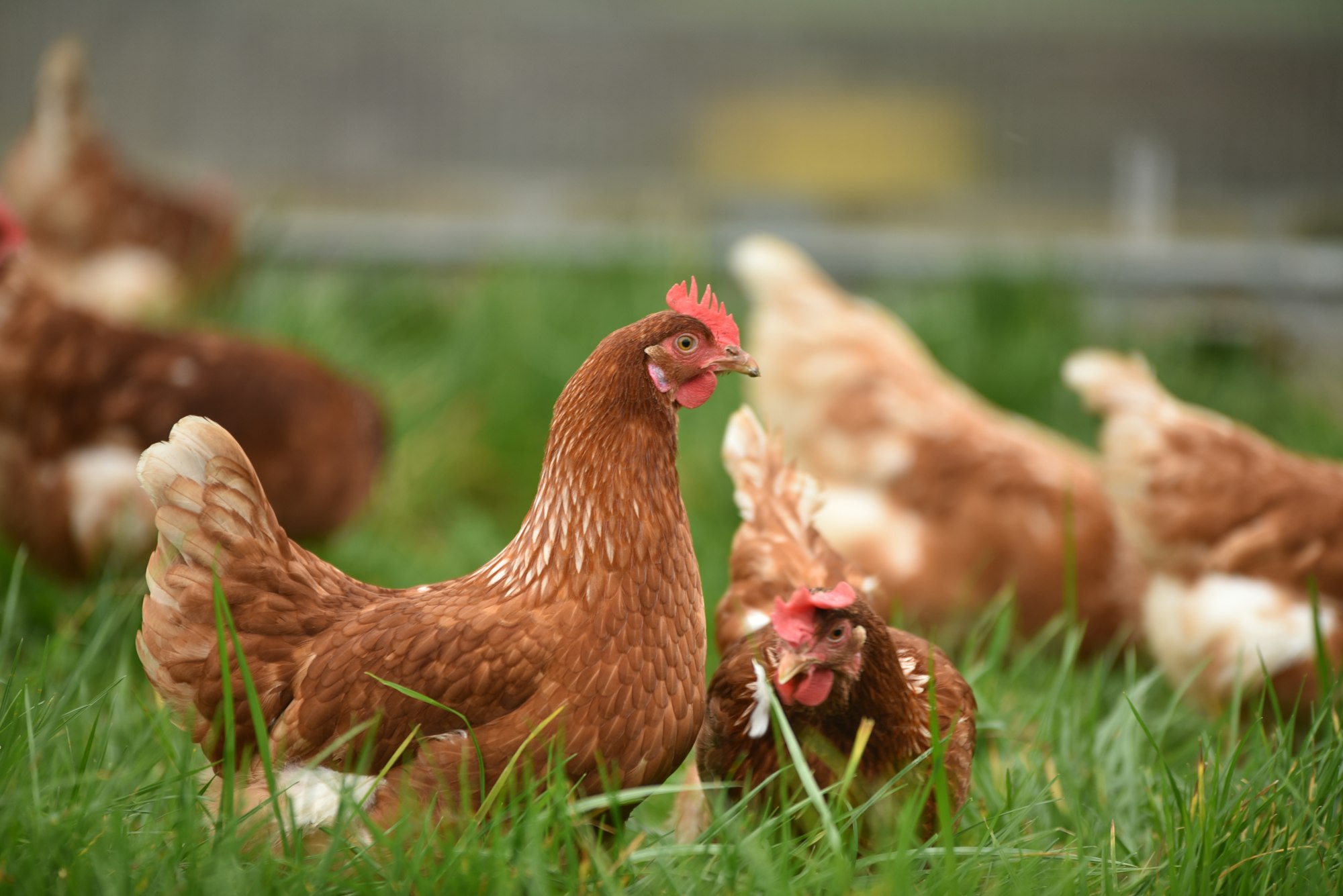Organic or not organic
Even though more research is needed, research shows that consuming organic products reduces contamination from pesticides and therefore possible inflammation that may lead to stress in our body

My clients often ask me whether they should buy organic food or not. Of course, my initial response is: buy fresh products as often as possible & organic when you can. But I know that for many households it is not that easy. Whether or not organic foods are better it also depends on budget, and access to these foods.
So in this post, I will focus on the products where it makes the most sense to go organic. Even though more research is needed, research shows that consuming organic products reduces contamination from pesticides and therefore possible inflammation that may lead to stress in our body.
There are some foods that I always buy organic because I know that they are extremely contaminated, either with pesticides, contaminants, antibiotics or hormones. Since I cannot control what I and my family eat when not at home (because let's be honest that’s life) we try to be more careful regarding what we put in our plates at home!

Vegetables & Fruits
To buy vegetables and fruits I try my best to follow the Pesticide Action Network UK (PAN UK). PAN UK is a treasure trove of information regarding environmental and human health protection. Please visit their website: https://www.pan-uk.org. Each year they release their list: the “dirty dozen”* to help us make better choice.
*(the most recent list analyses data from 2019, 2020 & 2021)
The dirty dozen are the fruits and vegetables that have been treated with an astounding amount of pesticides. So if you need to choose when to buy organic, the 12 followings should be the ones!
- Grapefruit
- Clementine, Mandarins, Satsumas
- Strawberries
- Oranges
- Dried grapes
- Herbs
- Pre-packed salad
- Grapes
- Lemons
- Pears
- Peaches & nectarines
- Spinach (I would add kale & collards)

Meat
We don’t eat a lot of red meat at home but when we do it is always 100% grass fed meat, without antibiotics nor hormones. 100% grass fed cows are loaded with good nutrients including omega 3 and vitamin E – and they also taste great! If you buy non grass fed organic meat it means that it had been raised on organic corn which does not have the same nutritional benefits. My philosophy is: eat less, but of better quality. Please avoid industrial meat!

Poultry
If you can buy a free range chicken from a local farmer that would be the best. If not, choose organic, free range, antibiotics and hormones free poultry. Never buy industrial chickens! My advice for eggs is the same.

Dairy
I always buy organic plain yogurt and butter from 100% grass fed cows so I know they don’t contain any hormones or antibiotics.

Fish
I try to buy wild or organic fish, although I prefer wild fish to farmed organic fish. You have probably seen those terrible documentaries about farmed fish, haven’t you? Keep in mind that farmed fish are usually treated with antibiotics, hormones, synthetic pigments and/or parasiticides.
Check out the Marine conservation society https://www.mcsuk.org to make better choice and if you want to find out more about the sustainability and quality of different types of fish. Have a look at their seafood buying guide. Again, go for quality over quantity and frequency.
Packaged foods
Here you need to check the ingredient list. Organic does not always mean healthy because what you get might still be loaded with sugar or salt. So don’t assume that a packet of biscuits is healthy because it is organic. Try to choose fresh and home made when possible.
